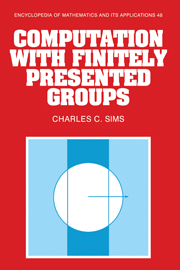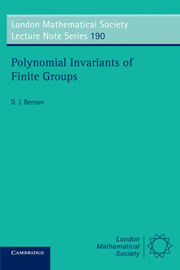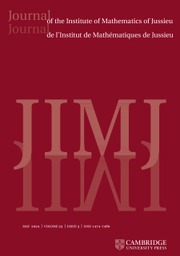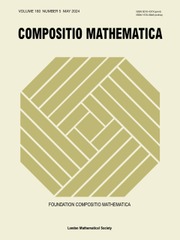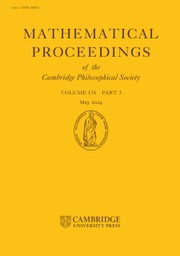Computation with Finitely Presented Groups
Research in computational group theory, an active subfield of computational algebra, has emphasised three areas: finite permutation groups, finite solvable groups, and finitely presented groups. This book deals with the third of these areas. The author emphasises the connections with fundamental algorithms from theoretical computer science, particularly the theory of automata and formal languages, computational number theory, and computational commutative algebra. The LLL lattice reduction algorithm and various algorithms for Hermite and Smith normal forms from computational number theory are used to study the abelian quotients of a finitely presented group. The work of Baumslag, Cannonito and Miller on computing nonabelian polycyclic quotients is described as a generalisation of Buchberger's Gröbner basis methods to right ideals in the integral group ring of a polycyclic group. Researchers in computational group theory, mathematicians interested in finitely presented groups and theoretical computer scientists will find this book useful.
- Comprehensive text presenting fundamental algorithmic ideas which have been developed to compute with finitely presented groups
- Emphasises connection with fundamental algorithms from theoretical computer science
- Comprehensive, yet accessible to graduate students
Product details
April 2010Paperback
9780521135078
624 pages
234 × 156 × 32 mm
0.86kg
Available
Table of Contents
- 1. Basic concepts
- 2. Rewriting systems
- 3. Automata and rational languages
- 4. Subgroups of free products of cyclic groups
- 5. Coset enumeration
- 6. The Reidemeister-Schreier procedure
- 7. Generalized automata
- 8. Abelian groups
- 9. Polycyclic groups
- 10. Module bases
- 11. Quotient groups.

